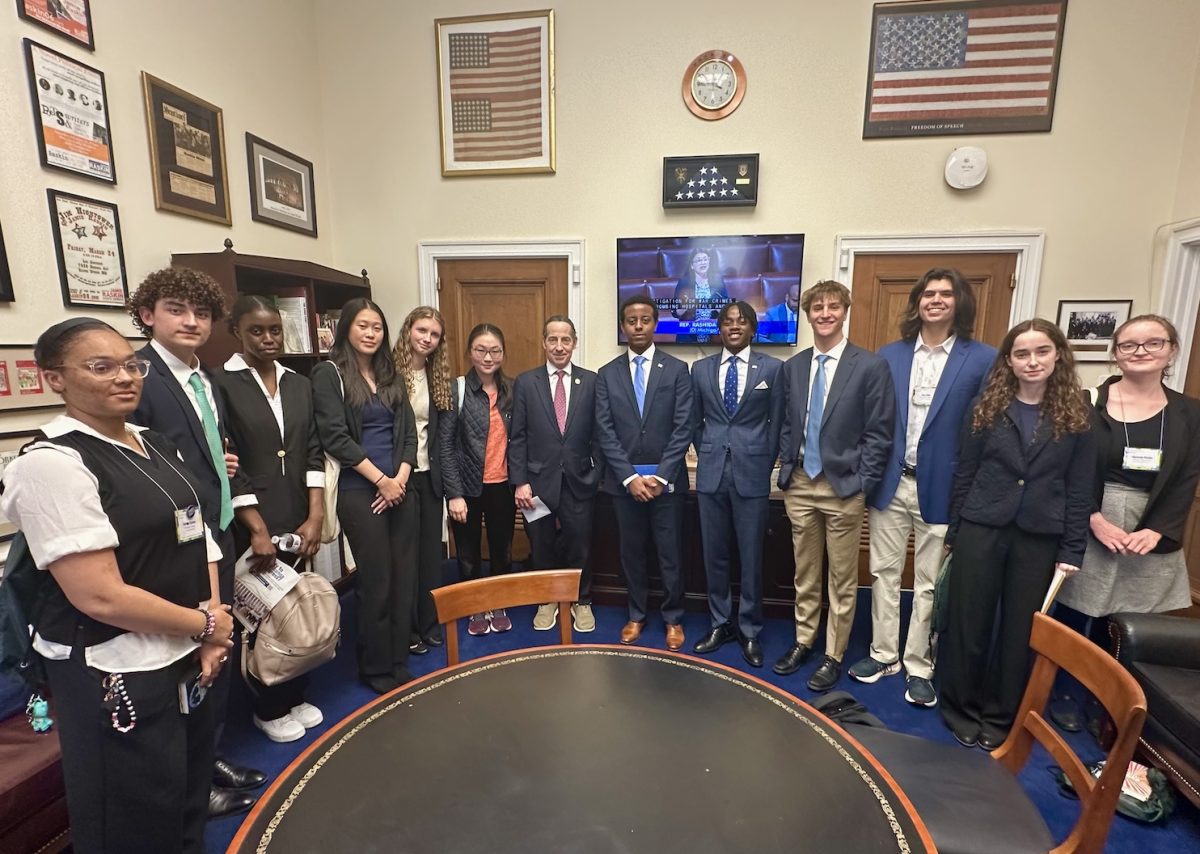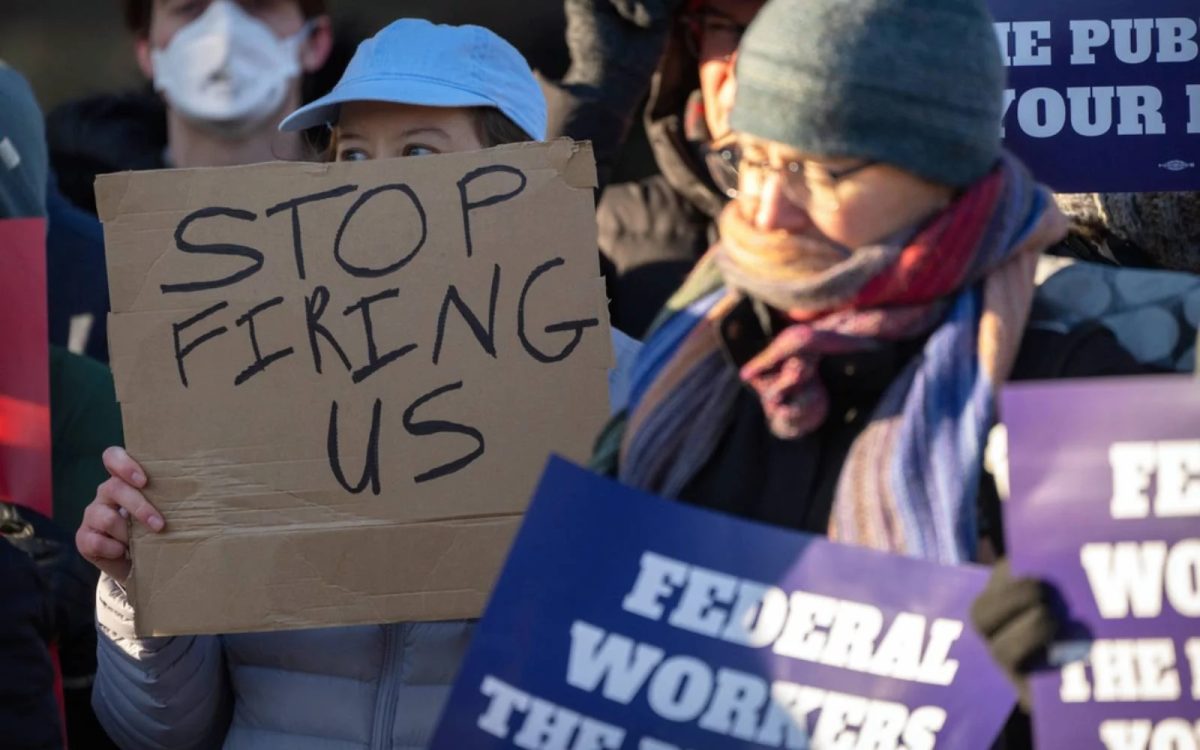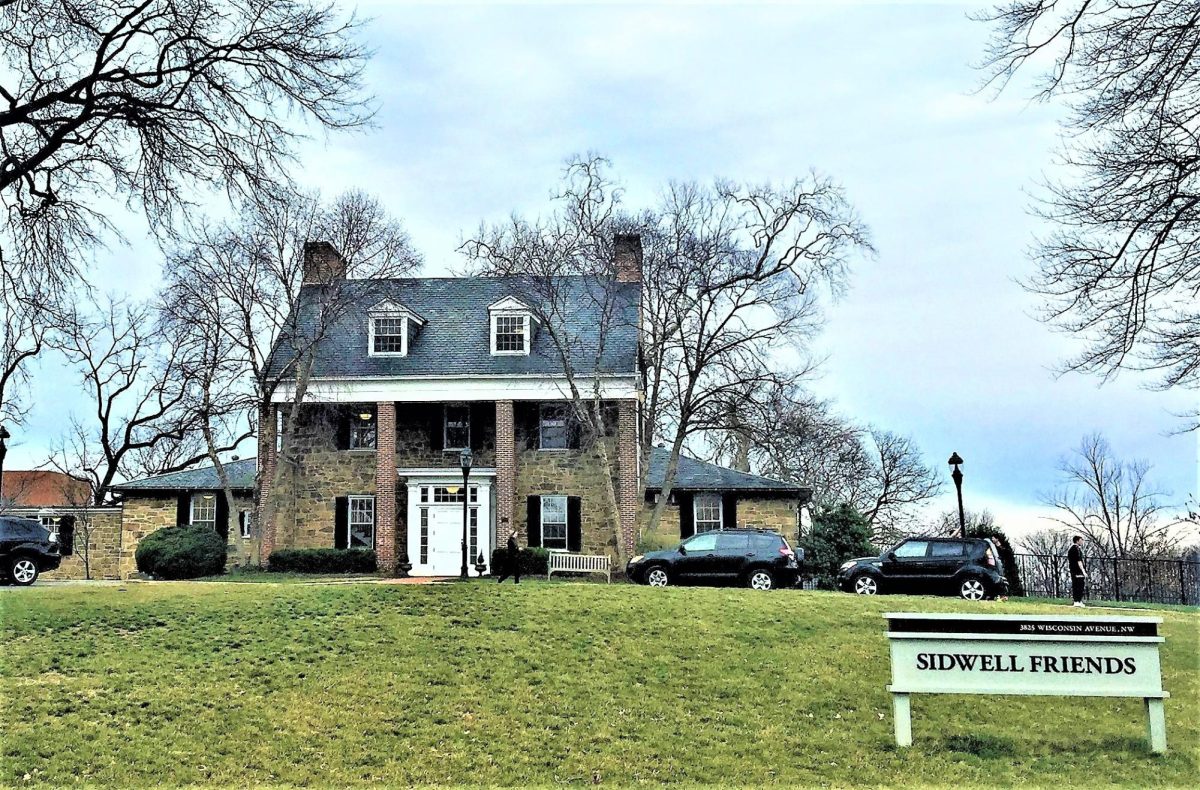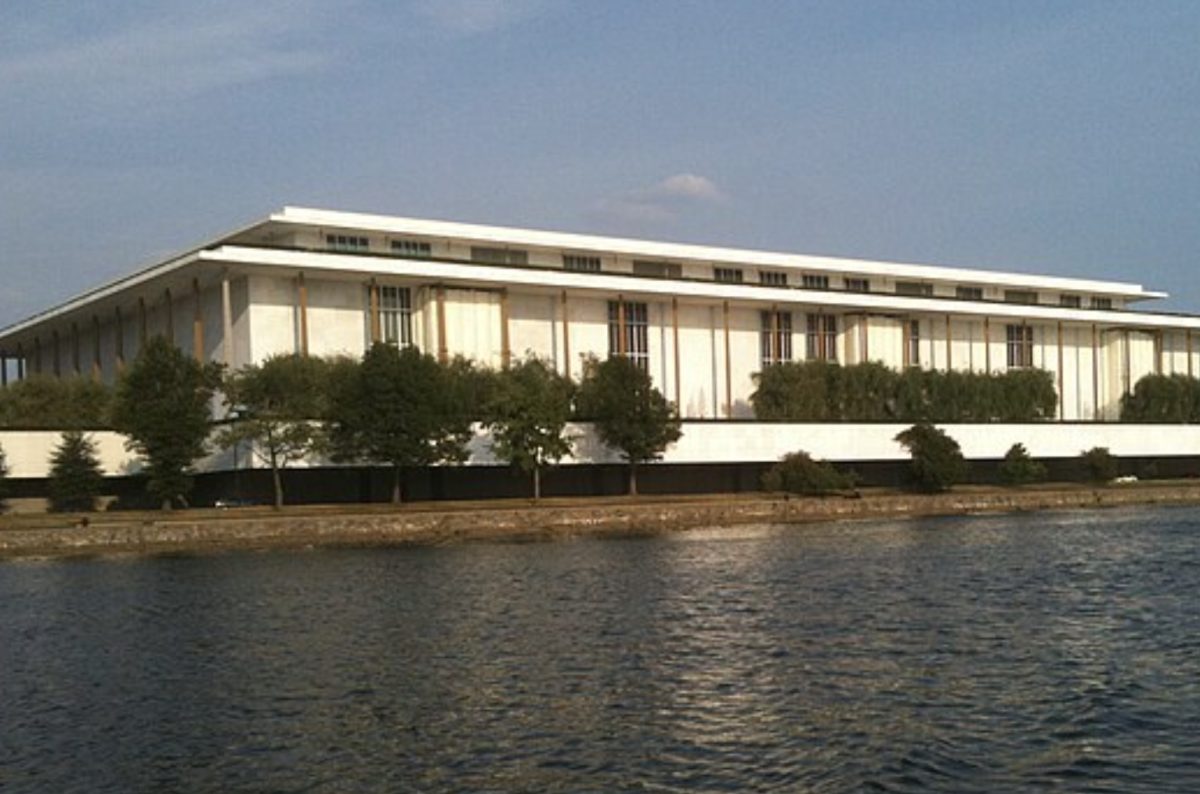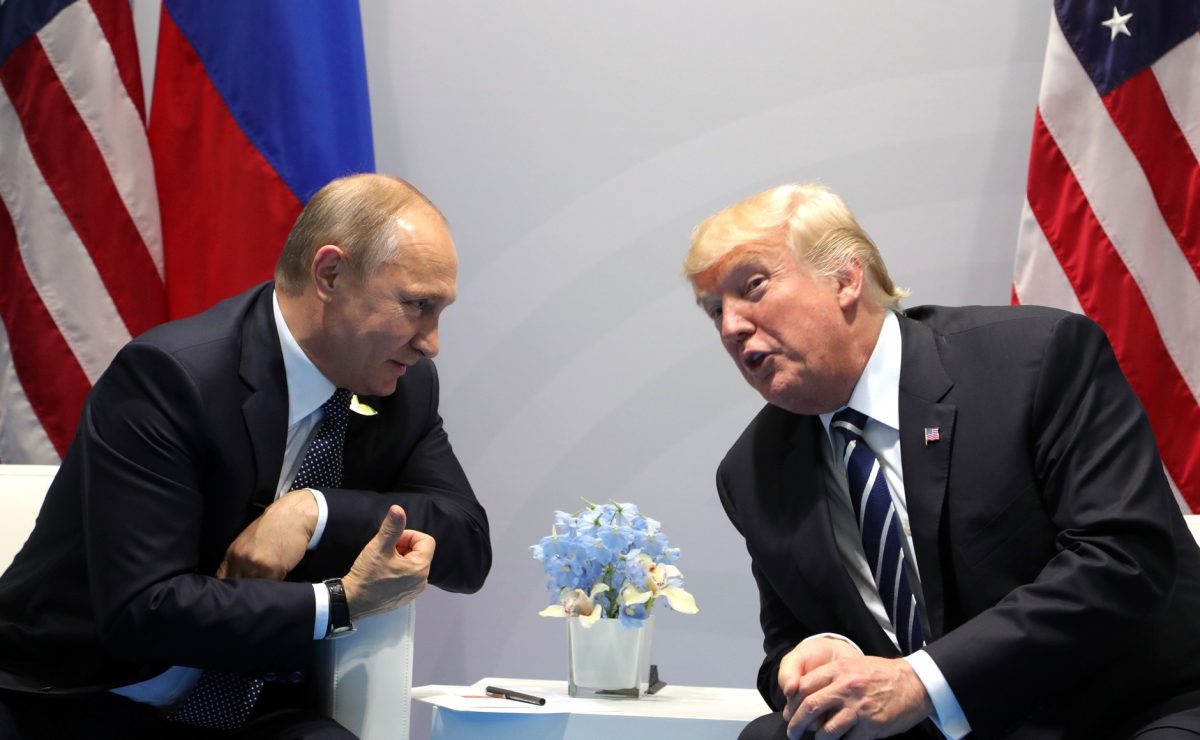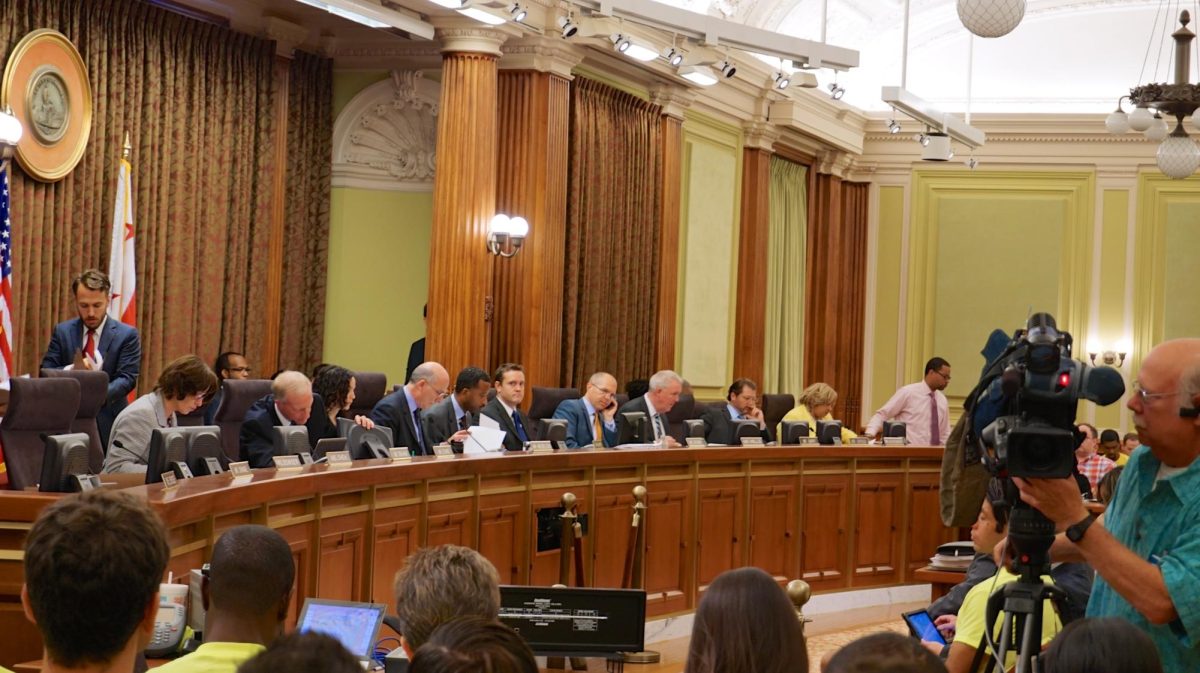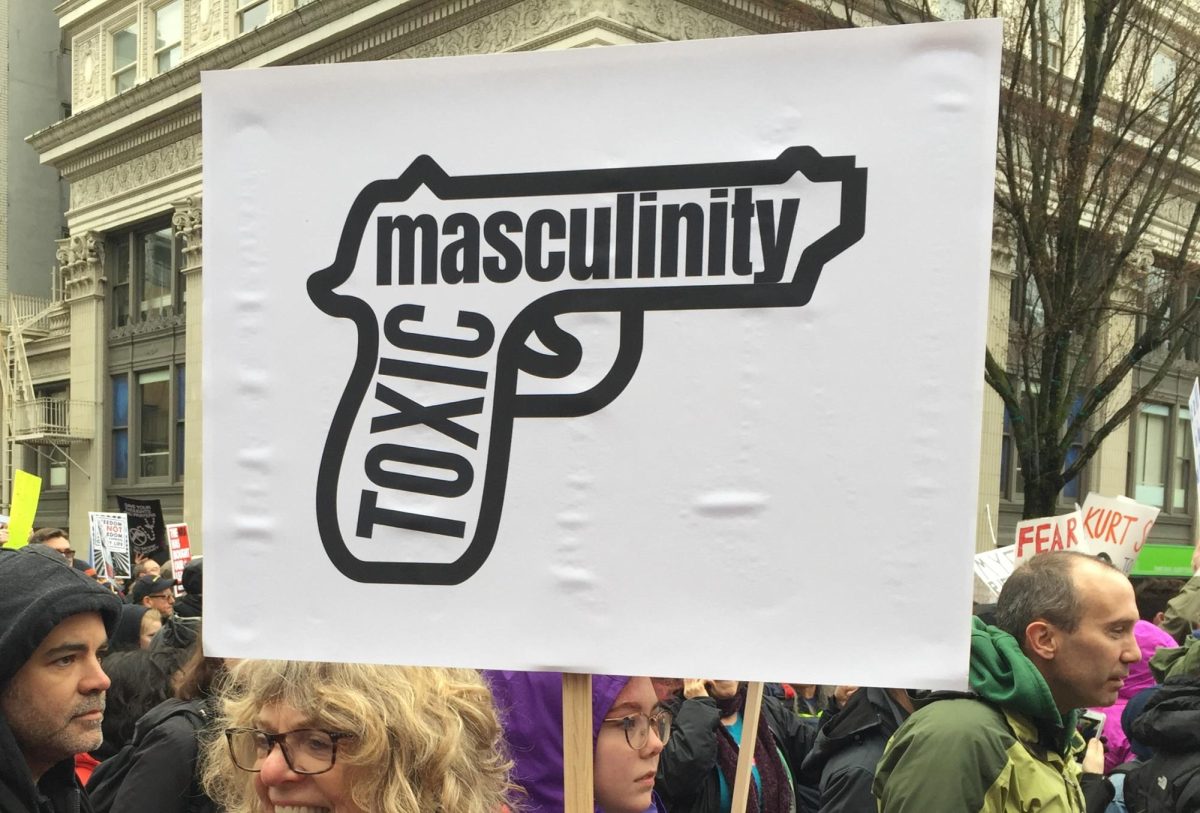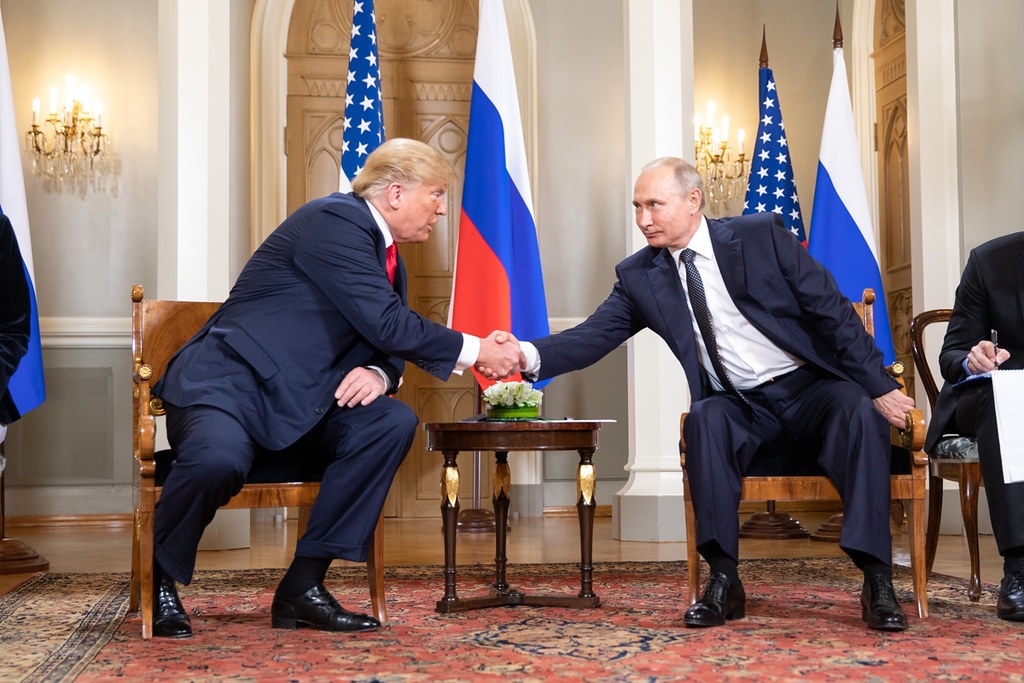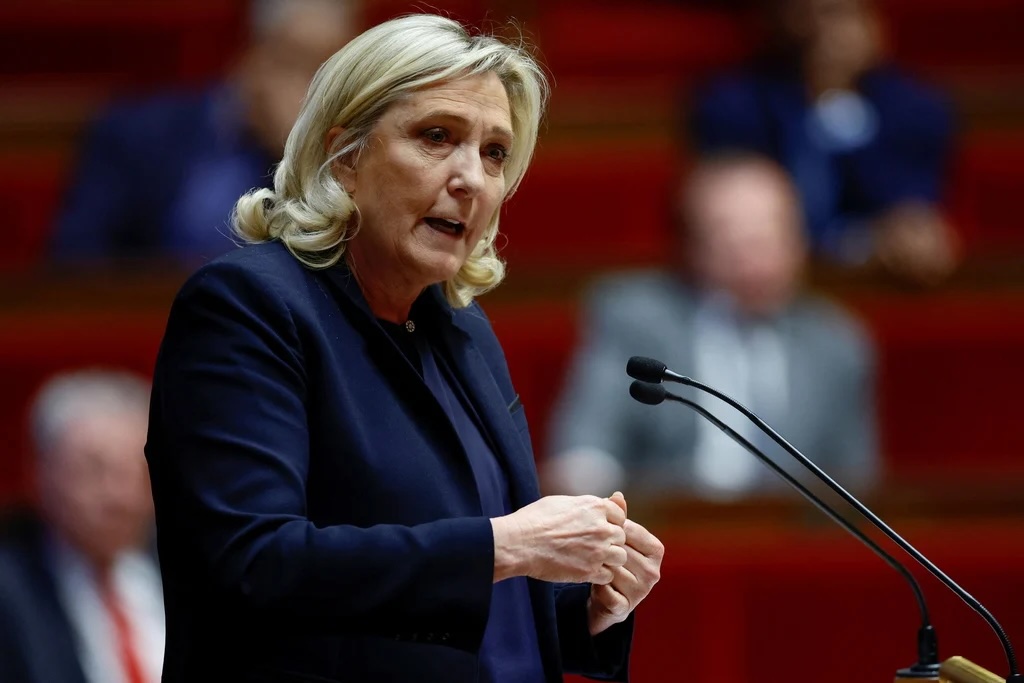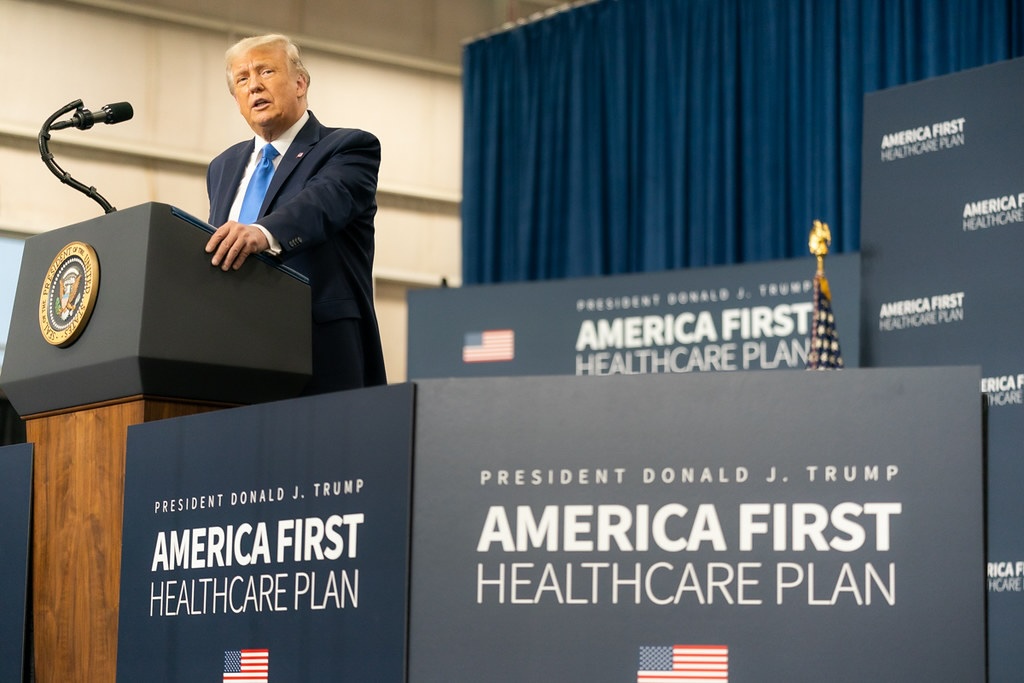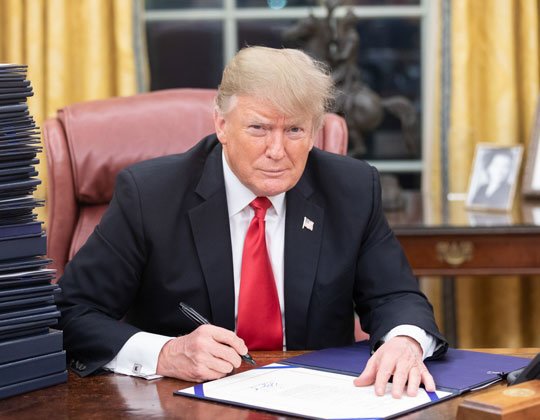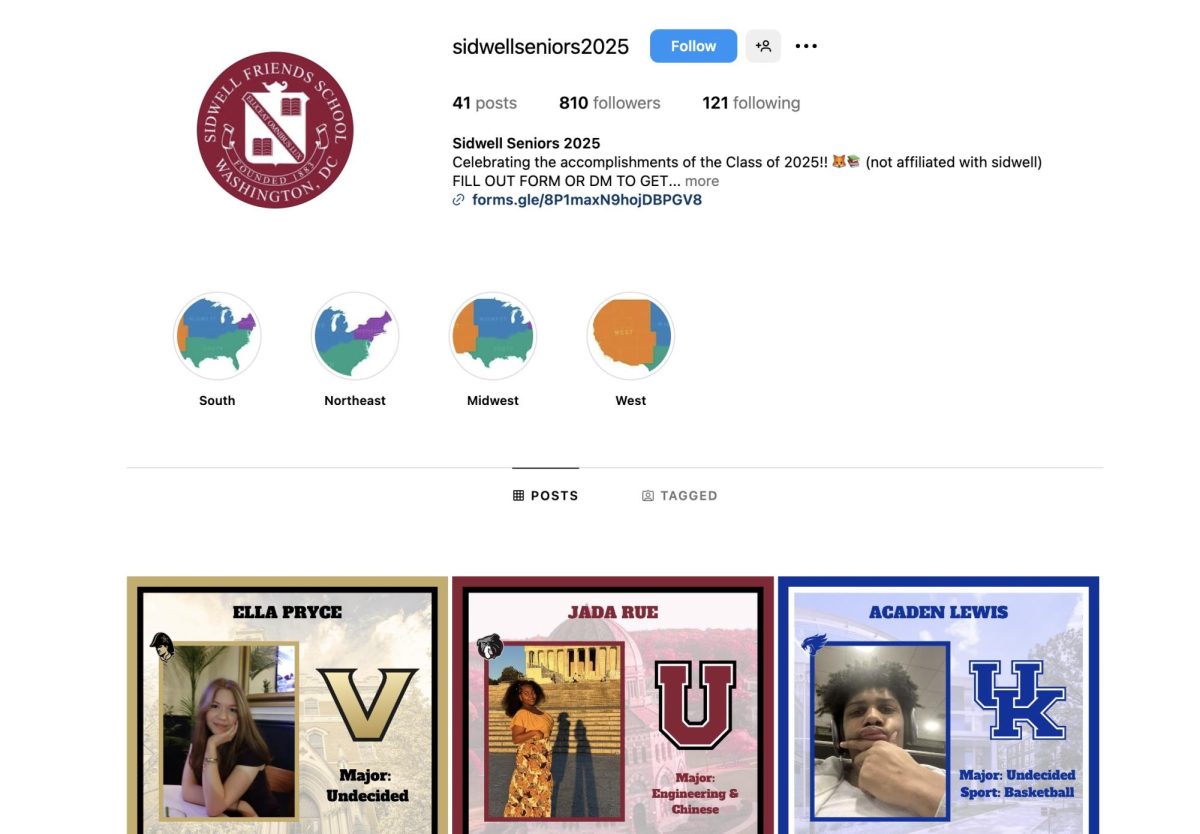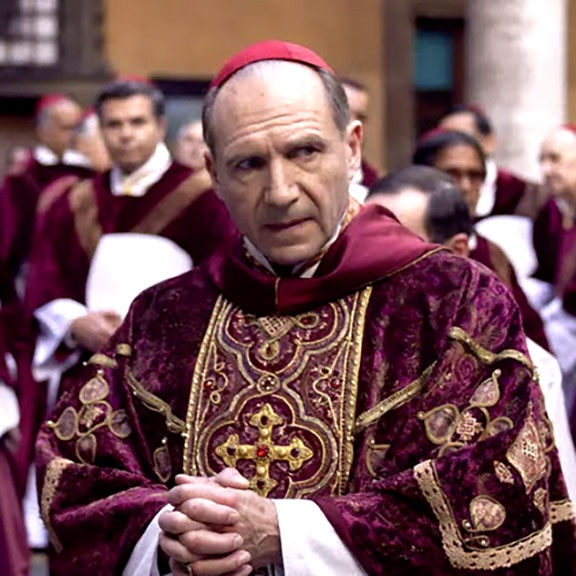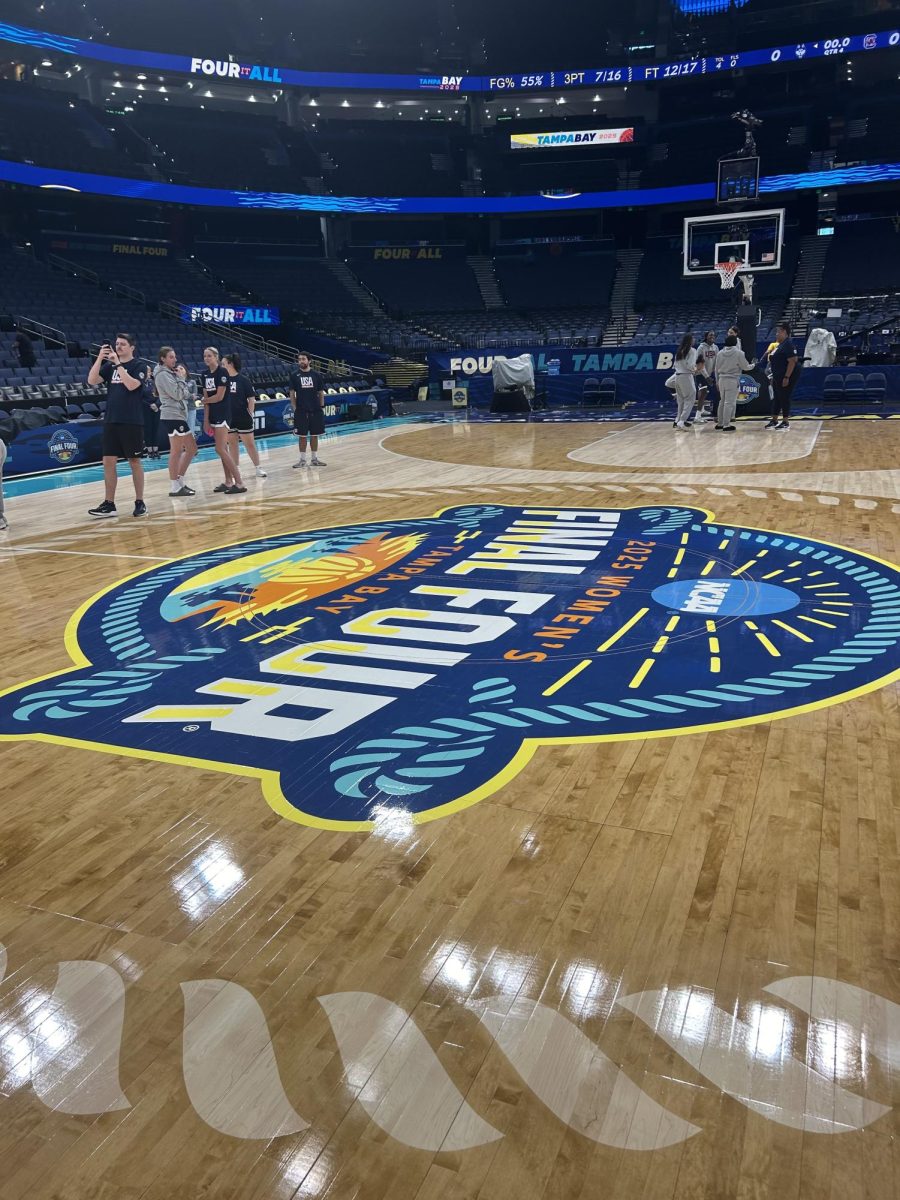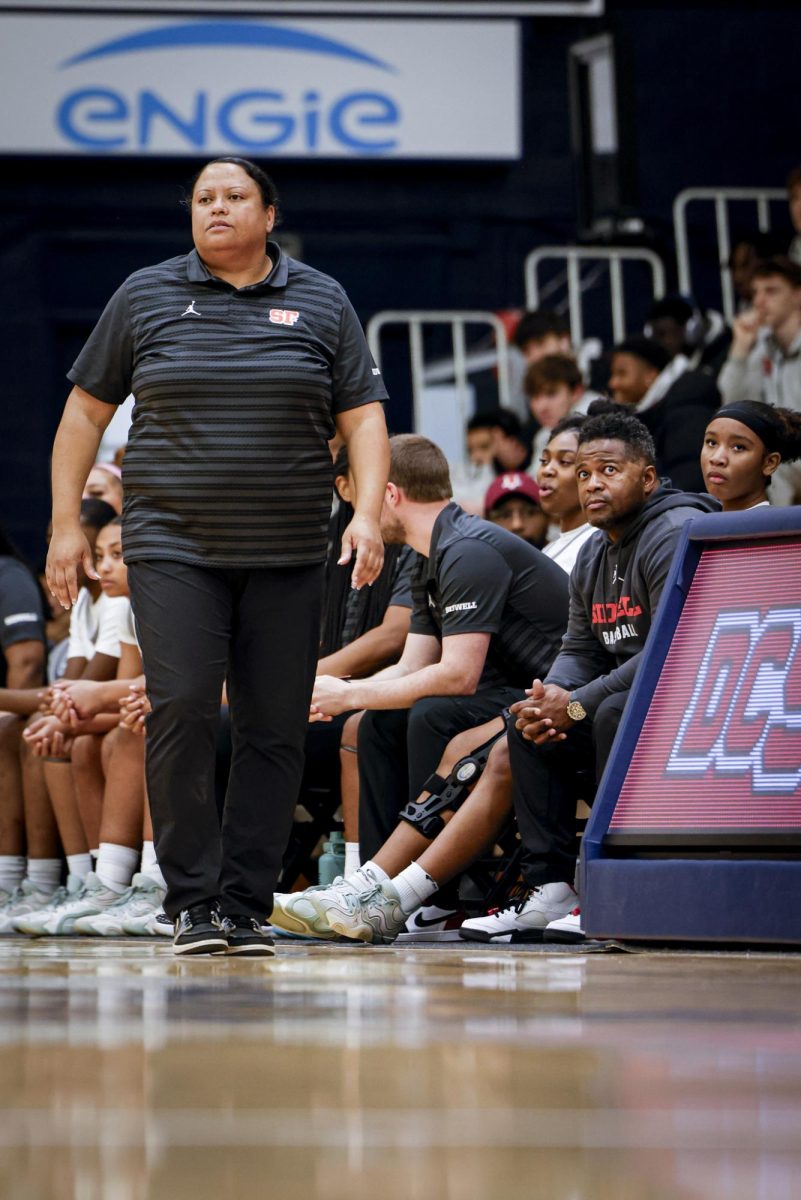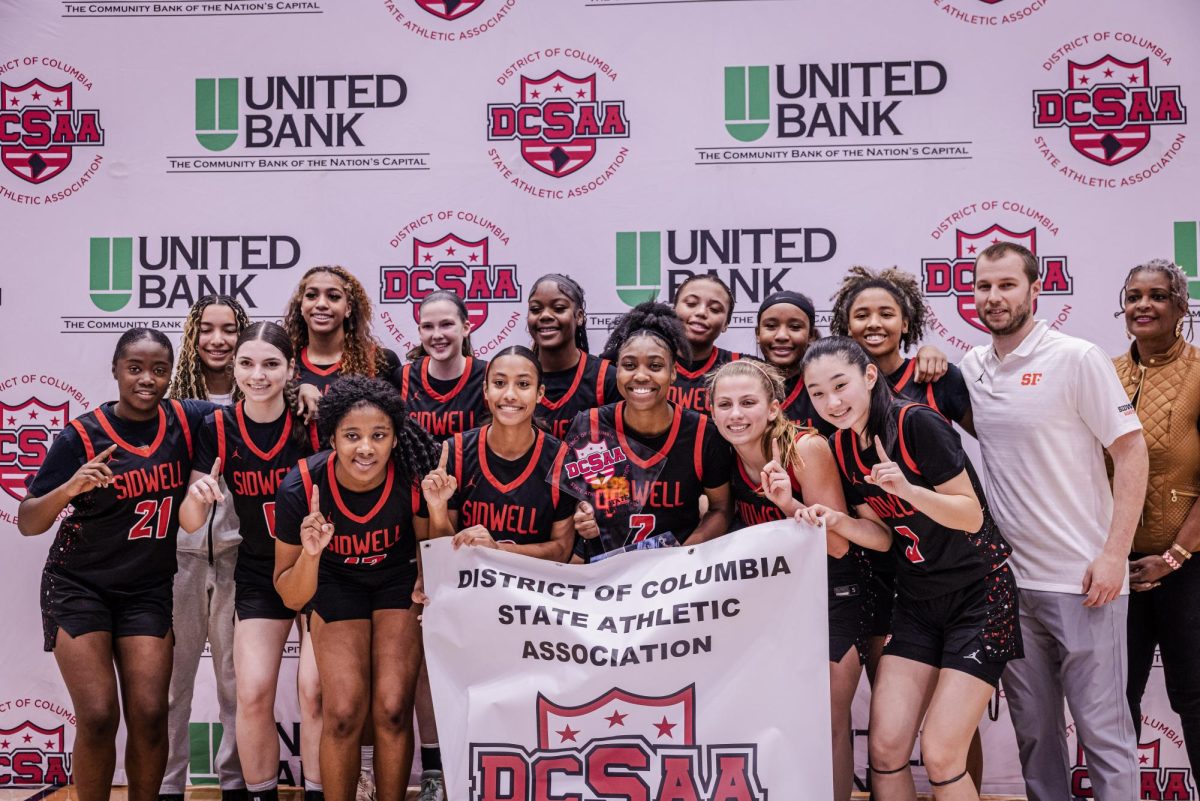On April 1, the Washington, D.C. City Council introduced the Open Meetings Act, which would allow council members to meet in private to discuss political matters and district policy. Current legislation requires that all discourse between councilmembers be public, thereby promoting transparency and ensuring that all decisions and ideas are made available to the public. With this transparency comes accountability, but it also comes with limits. Aiming to prevent corruption by ensuring that council members cannot conspire on policy behind closed doors, current Washington policy forbids private discussions between policymakers.
However, this accountability does not come without major consequences. Since councilmembers can only discuss policy in public settings, the policymaking process is slowed down due to scheduling conflicts and transportation issues. As such, Washington’s council is slow to respond to emergencies and lags in policy progression. This is unacceptable, as the city must have a governing body capable of making swift decisions in response to emergencies and have effective and efficient policymaking overall.
As such, the Open Meetings Act would allow these councilmembers to discuss policy whenever, leading to the desired increase in efficiency; however, it would also open the door for councilmembers to become corrupt through bribery or other forms of foul play. On April 10, Senator Mike Lee (R-Utah) introduced a measure which would override the Open Meetings Act, as he and many other Republican senators believe in the congressional regulation of Washington’s self-governance.
According to The Washington Post, Lee stated, “Our nation’s capital should be safe and beautiful, but after President Trump created a task force to achieve exactly that, DC City Councilmembers used an emergency process to exempt themselves from a sunshine law mandating open meetings…The City Council should be enthusiastically cooperating with the President of the United States in cleaning up Washington and fighting crime, not ducking accountability to make plans in secret.”
Although the ability to hold private meetings poses a threat to the integrity of the city council, Congress should not possess the authority to override Washington regulations. This power leads to instability in city governance with the constant switching of power between political parties in congressional chambers and elongates the policymaking progress due to the consistent pushback from Congress.
Instead, there are other ways for Washington’s government to remain accountable while staying autonomous, such as imposing restrictions on the content councilmembers are allowed to discuss and ensuring that there are penalties for councilmembers that violate these regulations. Overall, councilmembers must be able to discuss policy in private to ensure government efficiency; however, guidelines must be established for these discussions to prevent corruption and instability.



